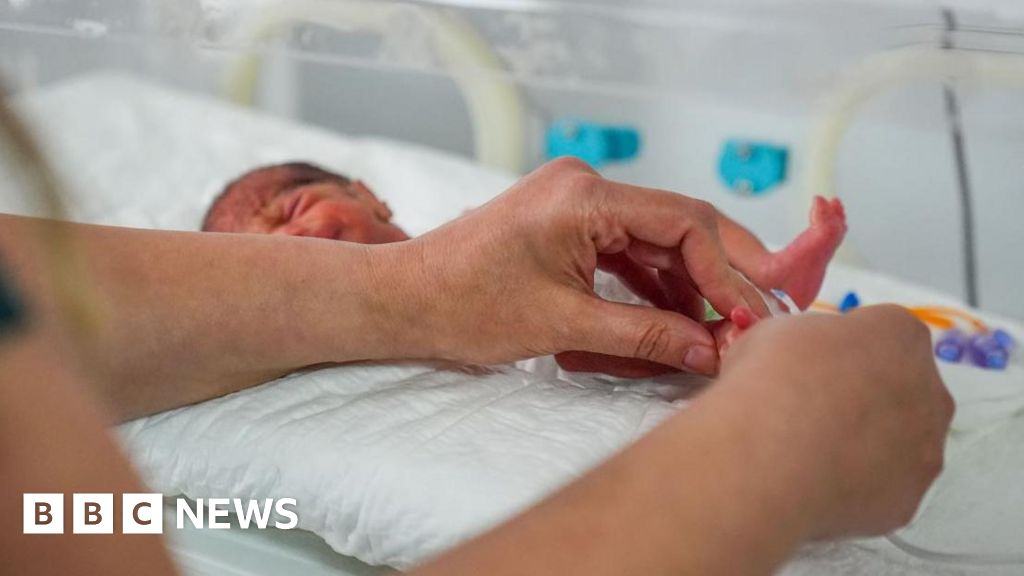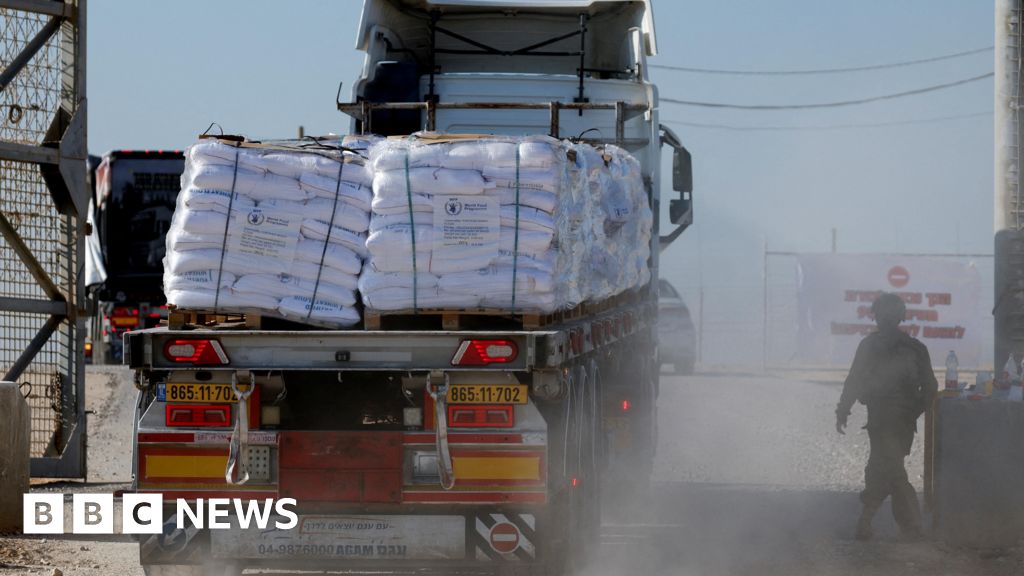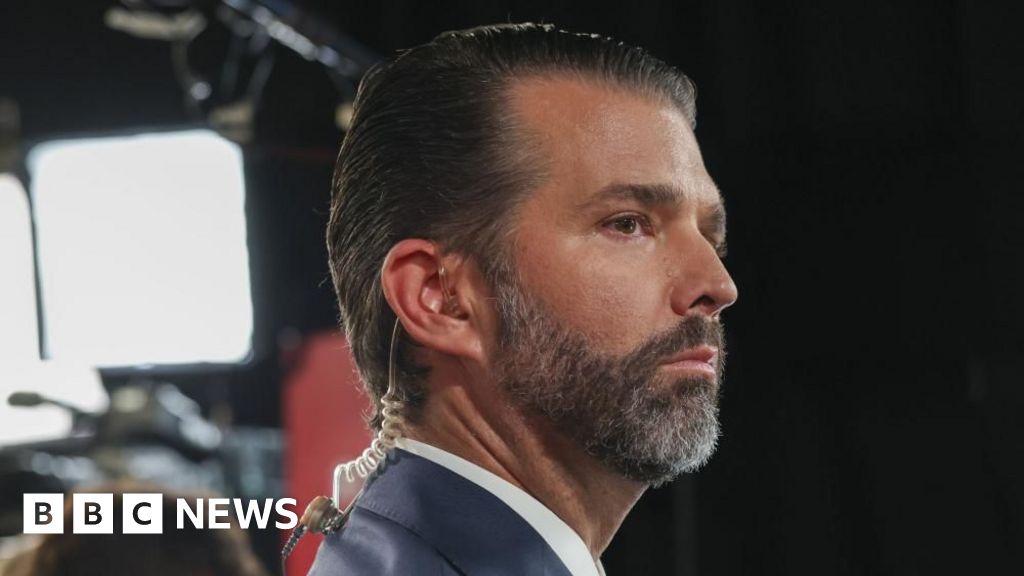ARTICLE AD BOX
By Tessa Wong
Asia Digital Reporter, BBC News
When Hong Kong was returned to China 25 years ago, it was supposed to be a grand "reunification with the motherland" - the beginning of a new era. But relations between the island and the mainland have since soured. As China's power rose, so did its influence on Hong Kong. The result: diminishing freedoms, mass protests and a divided city. On the 25th anniversary of the handover, we trace the highs and lows over the years.
1997: The Handover
For more than 150 years, Hong Kong was a British colony.
Then, with the raising of the Chinese flag and the lowering of the union jack, Hong Kong was given back to China.
In the years away from the mainland, Hong Kong had become a global financial and cultural powerhouse - a striking contrast to Communist China, which was isolated for decades.
But crucially Hong Kong had also acquired rights - freedom of assembly, free speech, and some democratic local elections - not enjoyed under China's authoritarian government.
So in the lead up to 1997, uncertainty over the future flooded Hong Kong, and waves of people left the city seeking stability elsewhere.
But equally many stayed, trusting in the promises enshrined in an agreement between the British and the Chinese.
Under the "one country, two systems" arrangement - the bedrock of China's ties with Hong Kong - the city's freedoms would be preserved for the next 50 years.
It was a smooth relationship in the initial years.
But a controversial move by Beijing in 2001 on immigration rights, the city's 2003 Sars outbreak triggered by a mainland visitor, and an attempt to create an anti-secession law sparked distrust and fear.
2008: Beijing Olympics
The 2008 Games was a chance for an economically-revived China to celebrate its ascendancy on the world stage.
It was cool to be Chinese - and many Hongkongers fully embraced that ethos.
Hundreds of thousands lined the route when the Olympic flame passed through the city, cheering and waving Chinese flags as local luminaries ran the route.
China's medal haul was yet another point of national pride.
Some dubbed it the city's "summer of love" for China with a record number of Hongkongers identifying themselves as Chinese.
But it was a different story just a few years later.
2012: 'Locust' row
In February 2012 a mysterious advertisement appeared in a popular tabloid, showing a massive locust menacing Hong Kong.
The insect was a derogatory reference to mainland Chinese.
It was also a symbol of Hongkongers' resentment towards a group of people who they saw as taking up precious resources.
The city had seen a rise in birth tourism from the mainland - a sensitive issue for crowded and competitive Hong Kong.
Others were annoyed with mainland Chinese crowding luxury stores and displaying what they described as uncouth behaviour on public transport.
A Beijing professor's comment that Hongkongers were "running dogs" of the British also went viral and enraged many.
The advert's appearance marked a new level in tensions stemming from previous immigration rows and a 2003 trade agreement viewed as giving unfair advantages to the mainland.
But for many it was also a bellwether of the changing fortunes of Hong Kong and China - and an issue of pride.
"Thirty years ago, mainland people were... thought to be country bumpkins. And now the richest people in Hong Kong are tourists or investors from the mainland," anthropologist Gordon Mathews told the BBC at the time.
"That's rather shocking and upsetting to many people in Hong Kong."
2014: Occupy Central
After handover, the dream of universal suffrage in Hong Kong seemed real to many.
After all, China had promised that the city would eventually be allowed to directly elect its leader.
But in August 2014, Beijing ruled that voters would only be able to choose from a pre-selected list.
It was widely seen as a massive betrayal.
And it sparked the Occupy Central mass protests where hundreds of thousands peacefully congregated on the streets every night for weeks.
When police cleared the first demonstration using tear gas - a heavy-handed approach that shocked many - it only fuelled the protests.
The image of protesters shielding themselves with umbrellas became an indelible symbol.
It was a pivotal moment, birthing what became known as the Umbrella Movement and a new generation of pro-democracy leaders.
But it also marked a new nadir in Hong Kong-China relations.
Some views hardened against China, fuelling a rise in the "localist" movement that called for greater autonomy for the city.
Hong Kong society began to split between the "yellows" who supported protesters and the "blues" who supported the police and Beijing.
Subsequent incidents like the Mongkok fishball riots and the disappearance of several booksellers only strained relations further - the simmering tensions would explode just a few years later.
2019: Protests and clampdown
Triggered by a controversial extradition bill, the protests beginning in June 2019 became one of the defining symbols of the fissure with the mainland.
They were the biggest and most widespread demonstrations Hong Kong had ever seen.
Crowds took to the streets peacefully opposing what was seen as Beijing's interference and calling for true universal suffrage, among other demands.
But the demonstrations also saw new heights of violence by the police and some protesters, descending into brutal clashes marked by firebombs, tear gas and water cannon.
This led to previously unimaginable scenes such as fiery street battles and a siege on a university.
Months later, the arrival of Covid and tough crowd restrictions effectively quelled the protests.
Then came the swift reprisal.
A sweeping new national security law outlawed anything seen as "secession" or "subversion" of Beijing's power, effectively curbing dissent.
Police launched a harsh crackdown on activists and pro-democracy figures. Some Hongkongers chose to flee into exile overseas.
China also introduced "patriots" electoral reforms that ensured only those deemed loyal to Beijing could run for Hong Kong's parliament and chief executive position.
In May, hardliner and ex-security chief John Lee became the city's new leader after he was the only person approved to run.
Many agree that China has succeeded in tightening its grip on the city, especially in the Xi Jinping era.
But recent polls show some of the lowest scores for Hongkongers identifying as Chinese citizens since handover.
The question remains whether 25 years on, the city truly feels closer to the motherland.
Illustrations by Davies Surya.

 2 years ago
23
2 years ago
23








 English (US)
English (US)